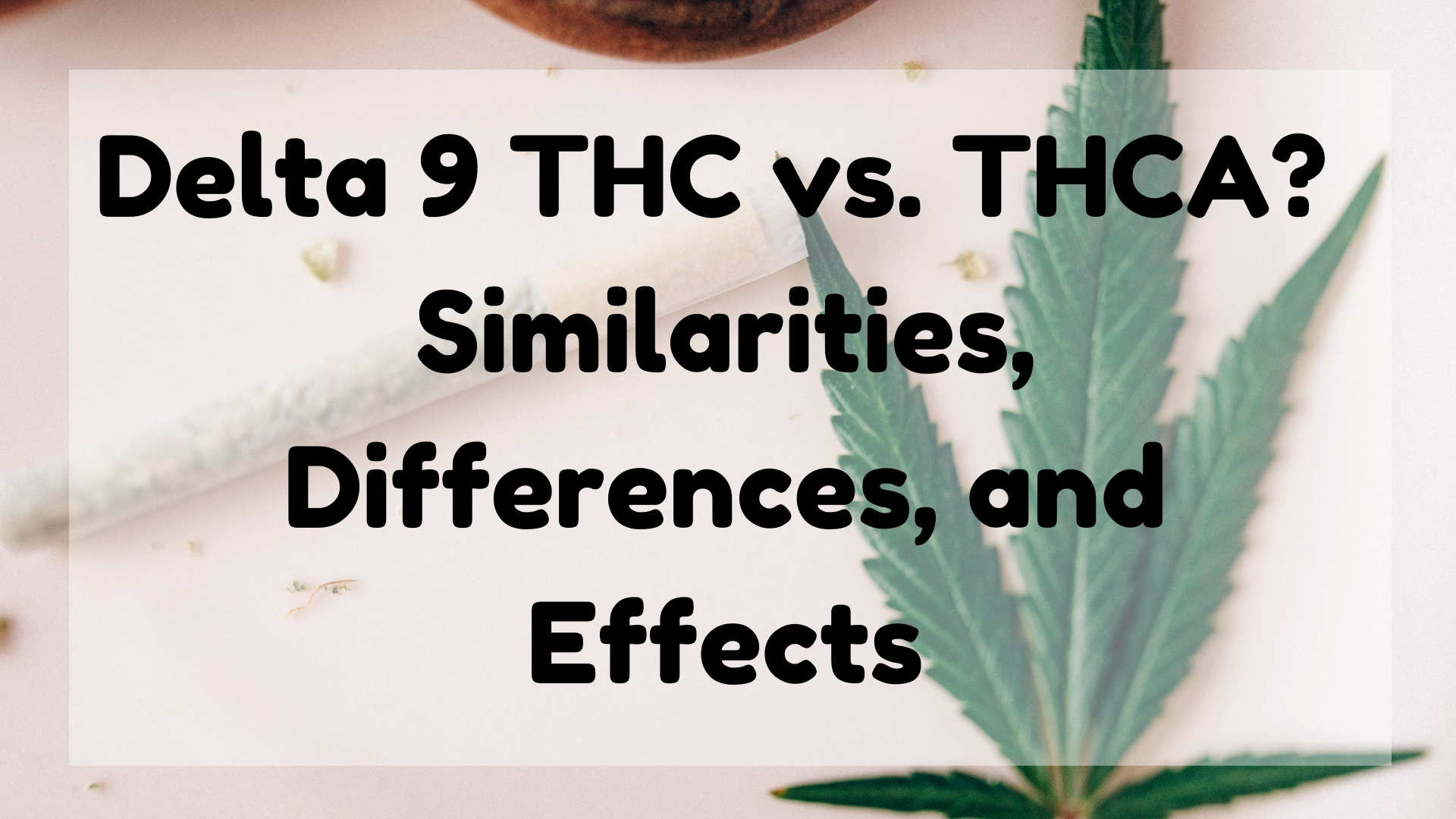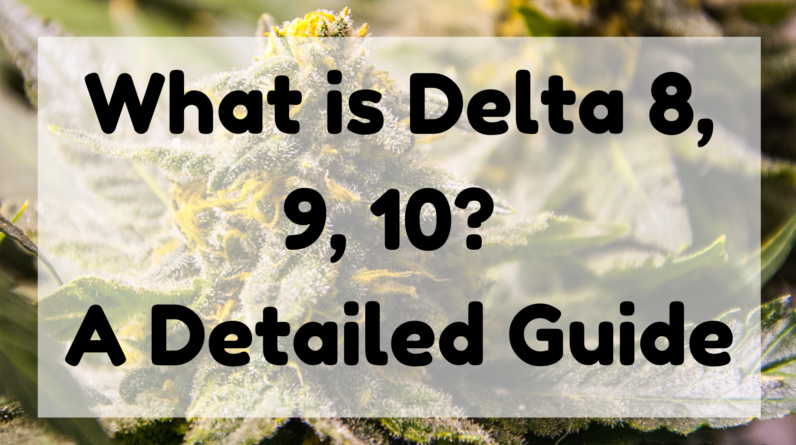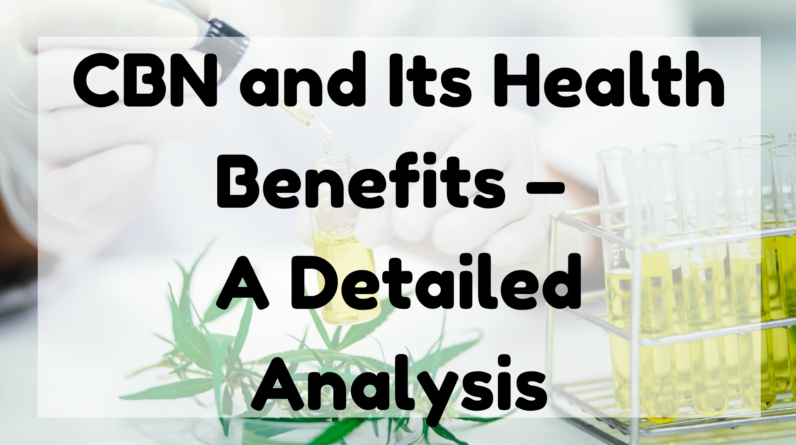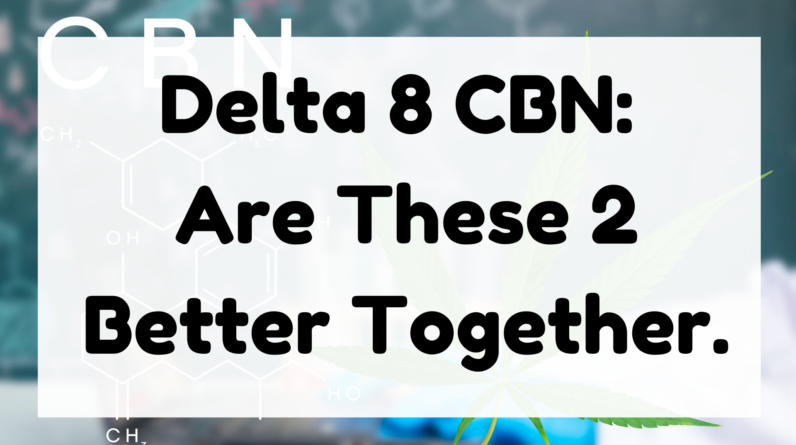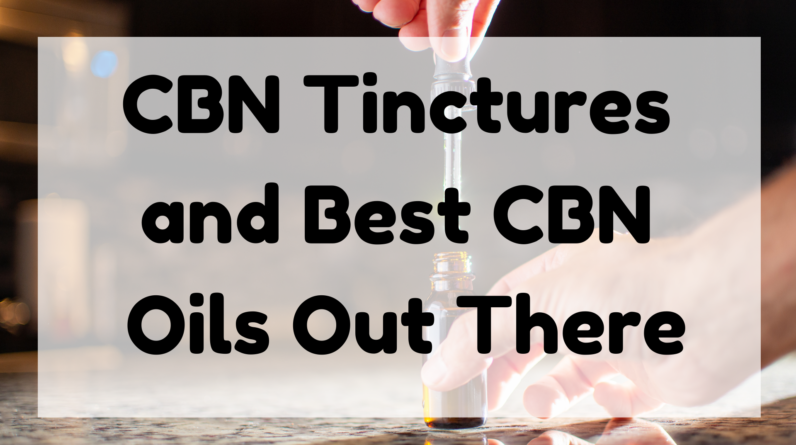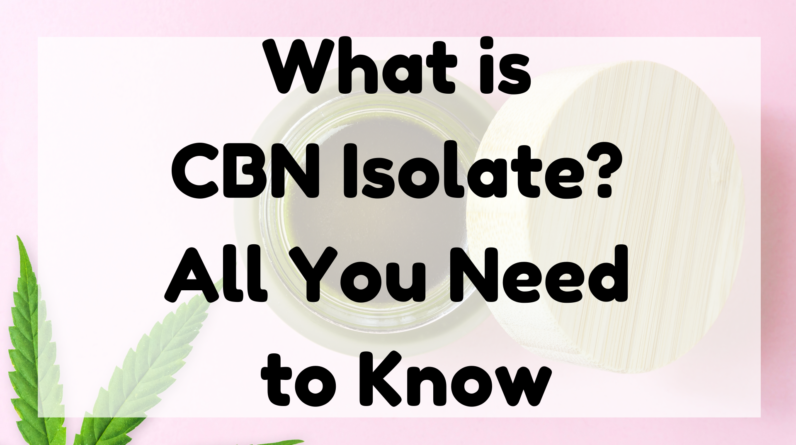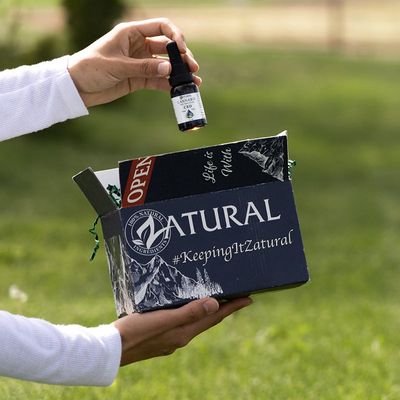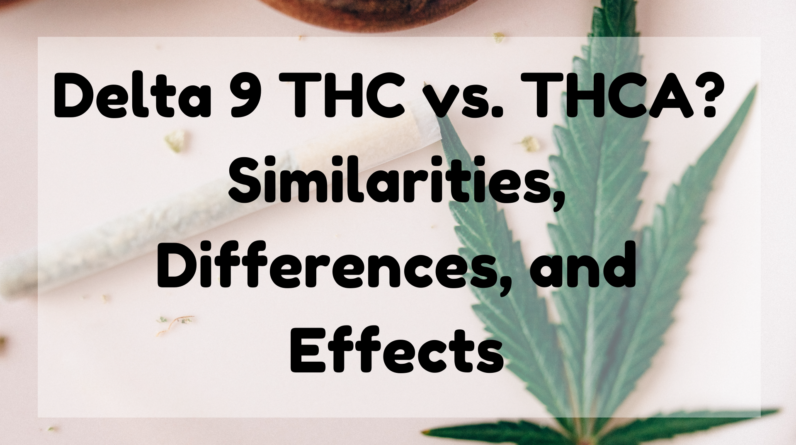
Delta 9 THC vs. THCA? Similarities, Differences, and Effects
The difference between delta 9 THC and THCA is still a mystery to many cannabis users.
As a result, some people confuse the two, while others believe they are the same.
This article will solve your queries regarding delta 9 THC vs. THCA.
What Is Delta 9 THC and How Does It Work?
Delta 9 THC is a cannabinoid molecule present in cannabis and marijuana.
It is also known as -9-tetrahydrocannabinol (-9-THC) or delta-9-tetrahydrocannabinol.
It’s a psychotropic chemical that makes you feel euphoric.
THC is one of 400 active compounds in the marijuana plant.
In addition, the plant contains various cannabinoid compounds, the most well-known of which is THC.
What Is Delta 9 THC and How Do I Use It?
The Delta 9 THC may be used in a variety of ways. Among them are the following:
- Inhalation
- Digesting through the mouth
- Administration through the sublingual route
Inhalation, such as vaping or smoking, is the most practical approach to deliver the fastest psychoactive impact if the consumer desires a speedier reaction.
Oral digestion via capsules, foods, tinctures, and oil is the simplest way to consume it.
This distribution method takes longer to take action, but it lasts for a more extended period.
The topical application involves the application of lotions, balms, salves, oils, and bath salts to the skin.
In contrast, sublingual administration involves the administration of pills, sprays, or dissolvable strips beneath the tongue.
What is THCA?
The ancestor of the more well-known cannabinoid THC, or tetrahydrocannabinol, is delta 9 THCA, also known by its technical name tetrahydrocannabinolic acid.
It is a chemically unstable molecule that can transition and turn into THC, resulting in psychoactive effects.
The transition of a common cannabinoid present in the raw cannabis plant into a form with psychoactive properties can occur in various ways.
It can happen (although slowly) if the plant is dried in minor amounts.
Also, tetrahydrocannabinol acid which is initially non-intoxicating can become toxic when heated (and converted) by a process known as decarboxylation.
Decarboxylation provides:
- Vaporizing the raw plant flower.
- Smoking a dried version.
- Baking edibles using its powdered form.
Delta 9 THC Vs THCA
Most cannabis plants contain tetrahydrocannabinol acid (THCA), an inactive marijuana component.
Although it is linked to THC, THCA is currently considered a precursor to THC.
This suggests that THC and THCA are two different chemicals whose effects may be distinguished when eaten.
To distinguish Delta 9 from THCa, consider that Delta 9 is an active cannabinoid that produces psychoactive effects when eaten.
On the other hand, THCA is a non-psychotropic cannabinoid present in both live and uncooked cannabis plants.
THCA does not get us high, but Delta 9 does.
The difference in the molecular makeup of the THCA may be found here.
The THCA molecule’s structure does not fit our brain’s cannabinoid receptors, notably the CB1 receptor.
The brain, liver, lungs, central nervous system, and kidneys include CB1 receptors.
The cannabinoid must fit into the receptors to have an intoxicating effect.
The precursor molecule is THCA, as previously stated.
Decarboxylation of the cannabis flower is required to turn it to THC.
Heat is used to change the chemical structure of THC in the decarboxylation process.
Benefits of THCA
- Anti-inflammatory characteristics help treat arthritis, lupus, and fibromyalgia, to mention a few potential benefits of THCa.
- Treatment of neurodegenerative illnesses such as Alzheimer’s, Parkinson’s, and ALS using neuroprotective characteristics
- Anti-emetic qualities to cure nausea, vomiting, and appetite loss
- Treatment of malignancies, particularly prostate cancer, with anti-proliferative characteristics
- Muscle spasms are treated with an antispasmodic.
- A sleeping pill
- Analgesic (pain reliever)
- An antioxidant that counteracts the damaging effects of free radicals
THC’s Potential Benefits
- One of the most important medicinal effects of THC is pain reduction. Chronic pain affects more than 1.5 billion people globally. Many of these people have neuropathic or nerve-related discomfort. According to studies, the cannabis element activates central nervous system pathways that keep pain signals away from the brain.
- Oral cannabis dosages were reported to aid insomniacs to fall asleep faster in trials conducted in the 1970s.
- Loss of appetite can be caused by numerous disorders, including eating disorders, HIV, dementia, and hepatitis. This could lead to severe malnutrition or even death over time, making people eat more.
- When discussing the health advantages of THC, lung health isn’t always the first thing that comes to mind. However, believe it or not, the chemical may aid in the opening of your lungs’ airways.
Best Delta 9 THC Products
1. Koi Delta 9 THC Gummies
There are many more advantages to consuming Delta 9 gummies than just for fun.
You can take Delta 9 gummies simply for fun, but you may still benefit from the medicinal advantages of Delta 9.
A doctor may prescribe a med card for various medical ailments; the Entourage Effect is created because these candies also contain CBD.
This implies that all cannabinoids are working together to give the user the most advantages possible.
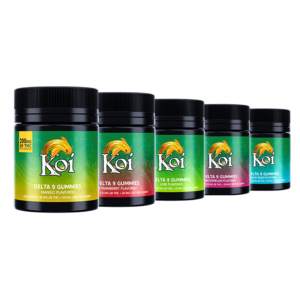
2. Urb Extrax Delta 9 THC Gummies
URB distinguishes itself as one of the first firms to experiment with Delta 8 THC products commercially.
As a result, URB Delta 8 THC gummies are more cost-effective choices available.
You may choose between a small pack of 5 gummies or a bigger 10-pack of Delta 8 THC gummies to enjoy mild medicinal and euphoric effects.
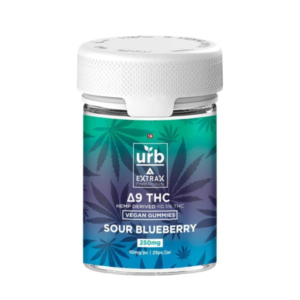
Conclusion
Understanding the qualities of cannabis and how they interact with our bodies is critical in getting the intended results and avoiding adverse side effects, whether it is smoked, eaten, vaped, or juiced raw.
Each cannabis molecule has its unique set of advantages, and further study is needed to fully comprehend what they have to offer.
With the increasing popularity of CBD, false information is increasing as many people want to know more about it.
We hope this article has provided you with the answers you have been looking for.
References
- https://cbdgenesis.com/blogs/news/delta-9-vs-thca-overview-differences-similarities-effects#:~:text=THCa%2C%20Delta%209%20is%20an,molecule%20composition%20of%20the%20THCA.
- https://bloommedicinals.com/cannabis-education/demystifying-the-differences-between-thca-and-thc/
- https://weedmaps.com/learn/cannabis-and-your-body/difference-between-thca-thc#bottom-line
NEXT Does Delta 8 THC Show Up in Urine?
Legal and Medical Disclaimer
Information provided on the site is for educational purposes only, and does not substitute for professional medical advice.
You MUST consult a medical professional or healthcare provider if seeking medical advice, diagnoses, or treatment.
Additionally, you must consult your local and federal laws regarding the legality of buying CBD and THC products.
We do not provide any legal advise.


